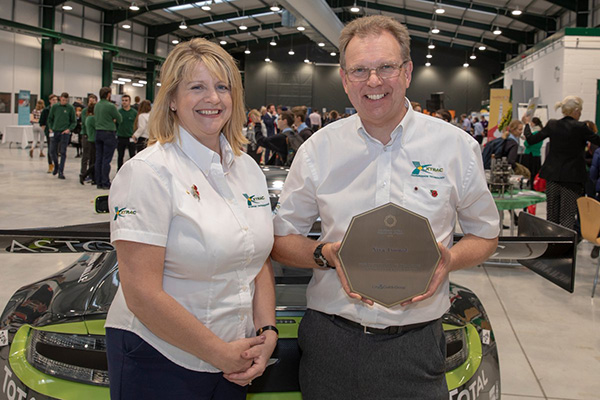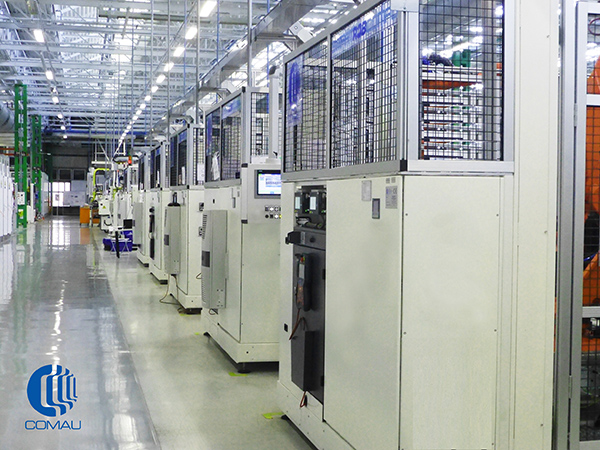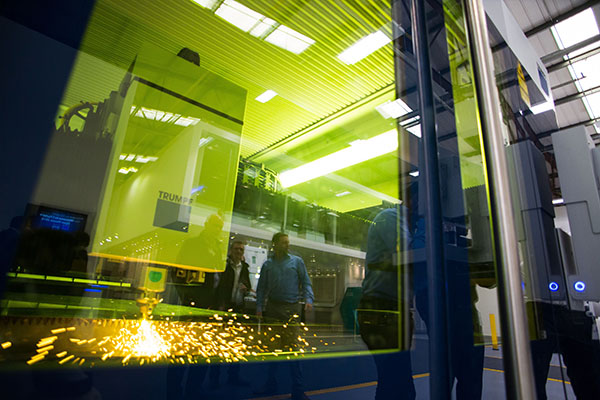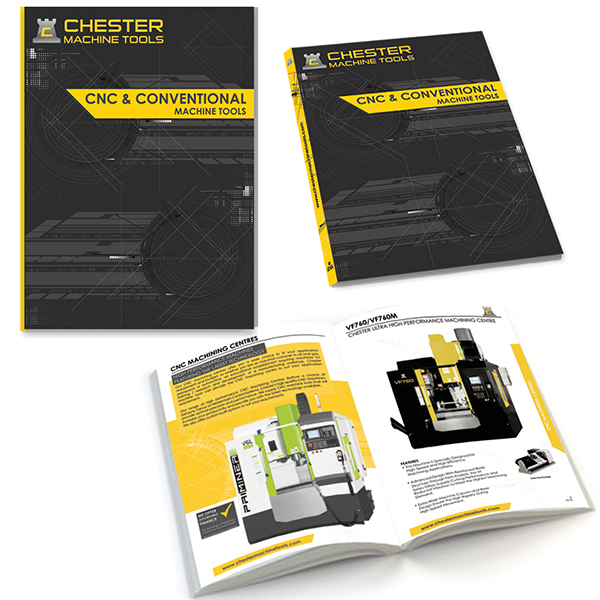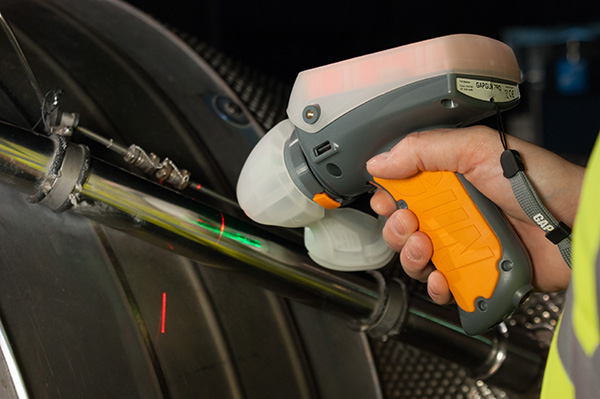Jane Gilham and Warren Page, head of human resources and apprentice manager at transmission technology specialist Xtrac, were invited to attend a prize-giving award ceremony at St James’s Palace recently, following the announcement in August that the company had attained the Princess Royal Training Awards standard.

Page stepped up to receive the award from The Princess Royal. Each of the 90 applications was assessed against three Hallmarks of Excellence by the Awards Commission, which includes The Princess Royal and seven leading figures from the business and training community.
For further information www.xtrac.com






